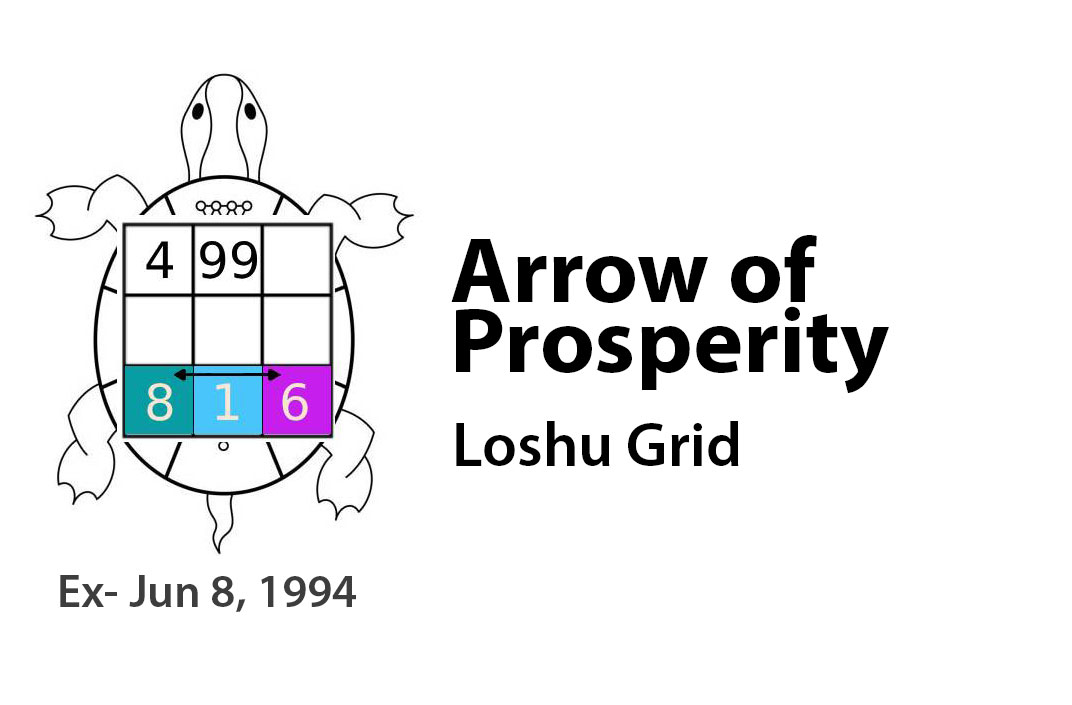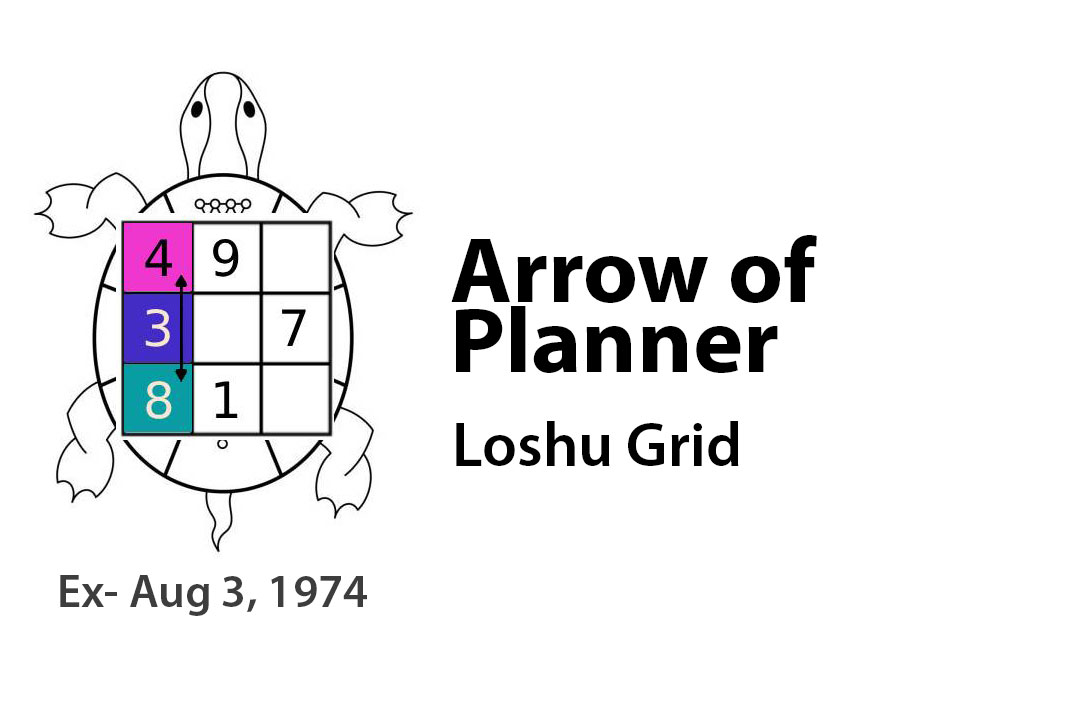
In the context of the Lo Shu Grid, the Thought Plane refers to the area where the numbers 4, 3, and 8 are present. Each number in the Lo Shu Grid holds specific symbolic meanings, and when these three numbers are together, they contribute to the characteristics associated with the Thought Plane.
Characteristics of the Thought Plane (4, 3, 8):
Stability and Foundation (Number 4): Number 4 is associated with stability, a solid foundation, and practicality. In the Thought Plane, this implies a structured and grounded approach to thought processes and intellectual pursuits.
Creativity and Expression (Number 3): Number 3 signifies creativity, self-expression, and communication. In the Thought Plane, this suggests a dynamic and expressive thought process, encouraging creative thinking and effective communication of ideas.
Prosperity and Wealth (Number 8): Number 8 is often associated with prosperity, wealth, and success. Within the Thought Plane, this may indicate that thoughts and intellectual pursuits are oriented toward achieving financial success and material abundance.
Interpretation:
The combination of 4, 3, and 8 in the Thought Plane suggests a thoughtful and balanced approach to intellectual pursuits, where stability, creativity, and material considerations are integrated. Individuals influenced by this combination may exhibit the following traits:
Structured Thinking: The presence of number 4 suggests a structured and organized thought process, emphasizing stability and practicality in intellectual endeavors.
Creative Expression: Number 3 contributes creativity to the plane, indicating a thought process that is not only practical but also dynamic, expressive, and open to creative solutions.
Material Considerations in Thought: With the influence of number 8, there may be a focus on thoughts related to material success, financial prosperity, and achieving wealth through intellectual pursuits.
Application:
Individuals with a significant presence of the Thought Plane in their Lo Shu Grid may excel in fields that require a balance of practicality and creativity, such as business strategy, financial planning, or innovative problem-solving. This combination suggests a thoughtful and strategic approach to intellectual endeavors that integrates stability, creativity, and consideration of material success.
Simillar Blogs
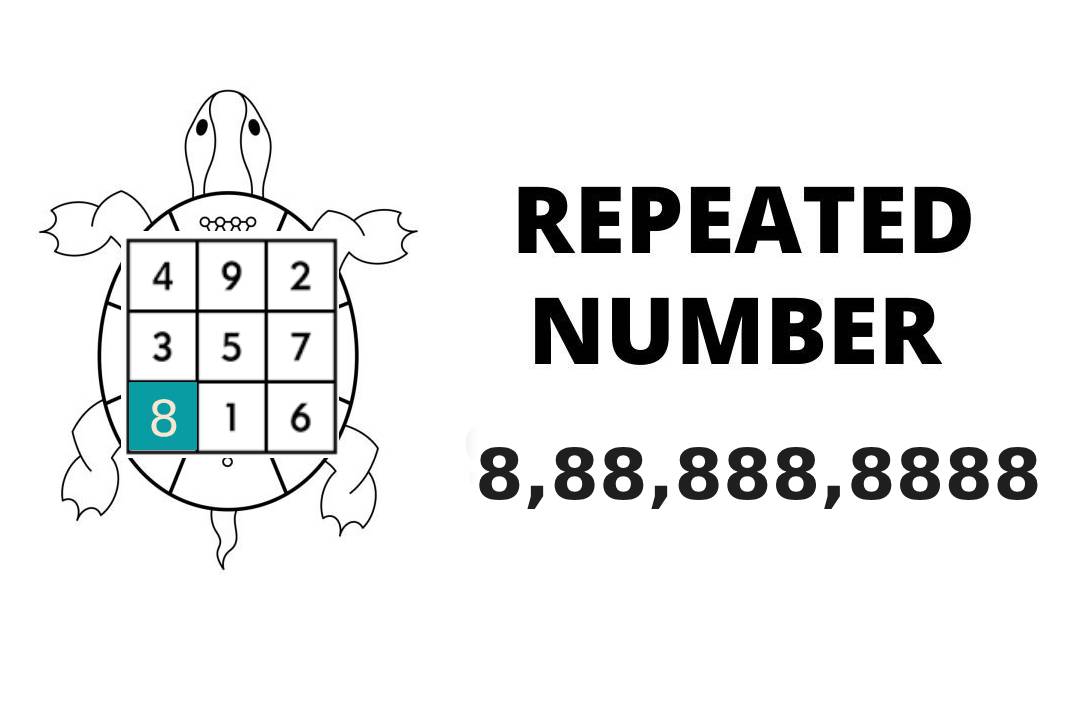
Unlocking Power - Number 8
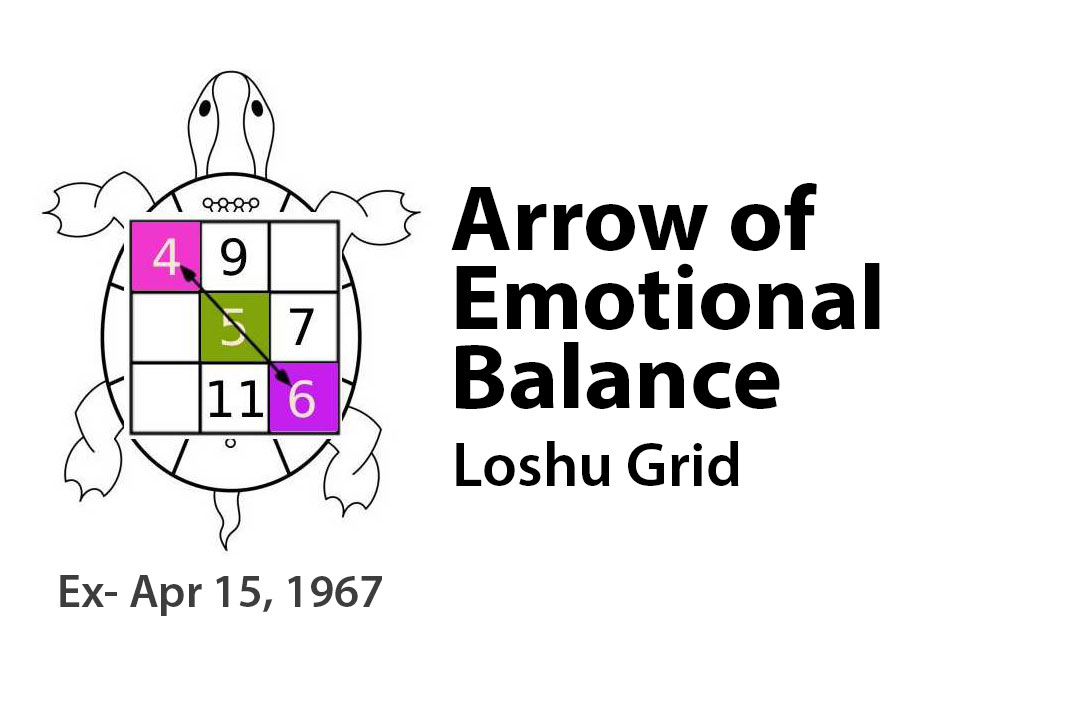
Arrow of Emotional Balance
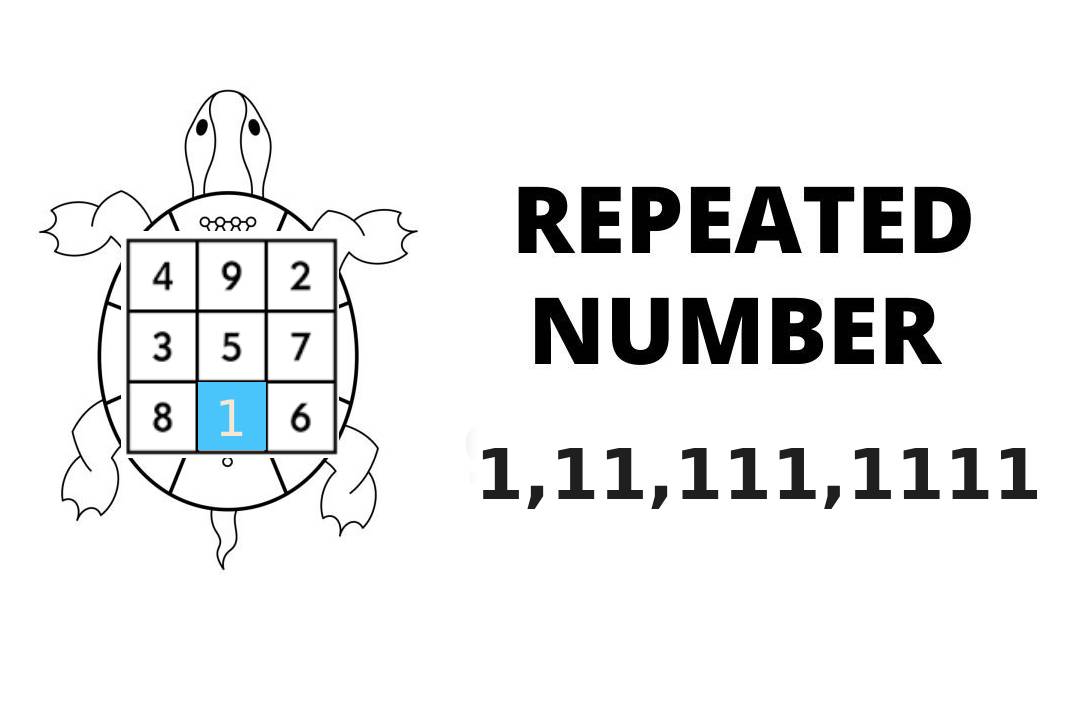
Unlocking Power - Number 1
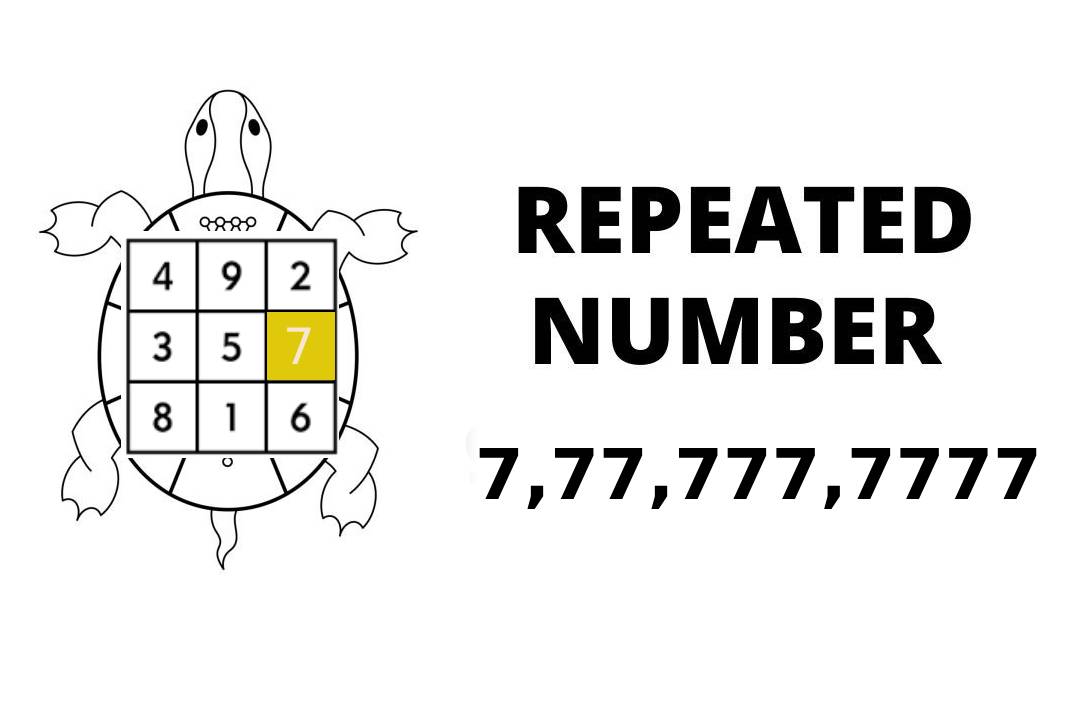
Unlocking Power - Number 7
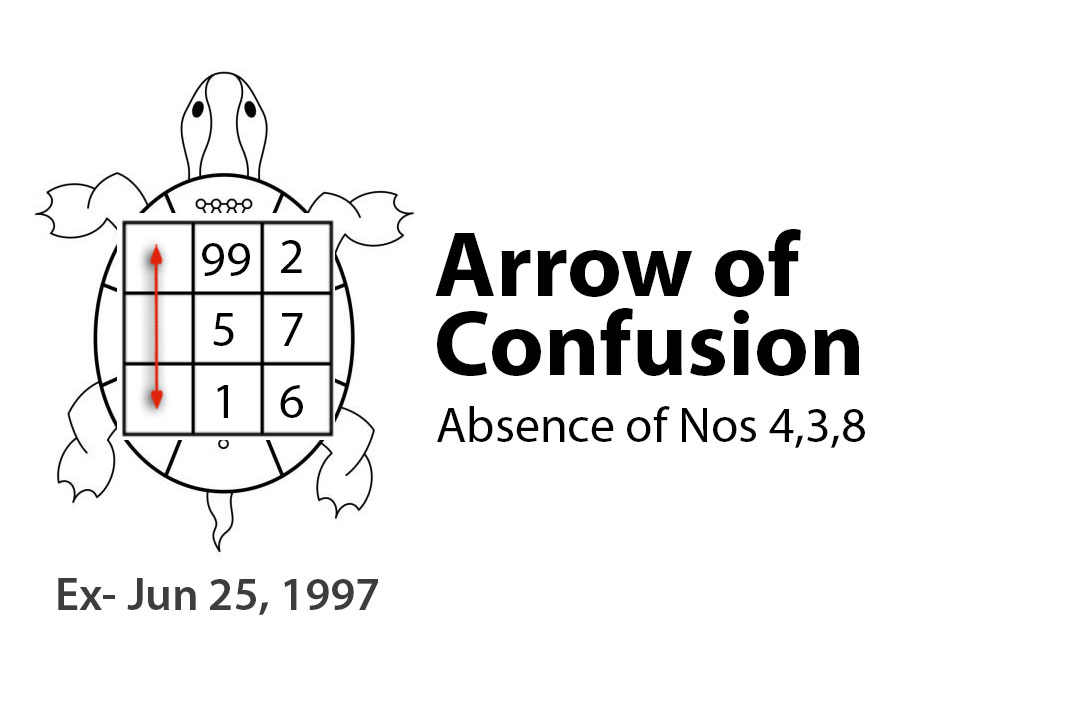
Arrow of Confusion
